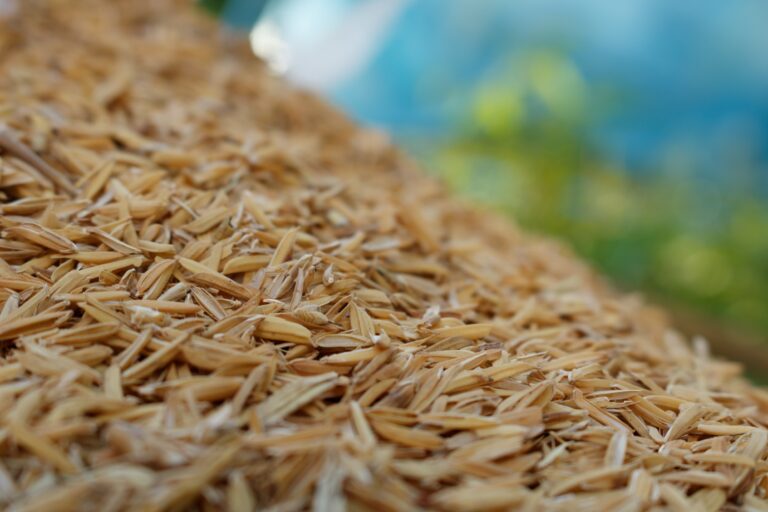Rice hulls have a variety of unique properties that are great for home gardening. They have a neutral pH, are lightweight and sustainable, and have a diverse array of benefits for your garden. Additionally, you can mix rice hulls with other soil amendments or potting mix ingredients to create a well-balanced growing medium for your…
